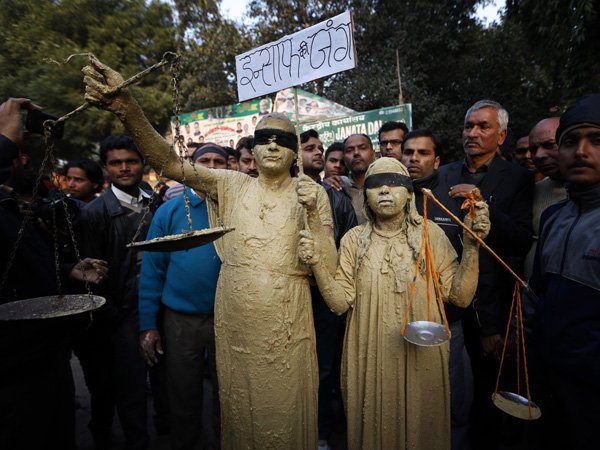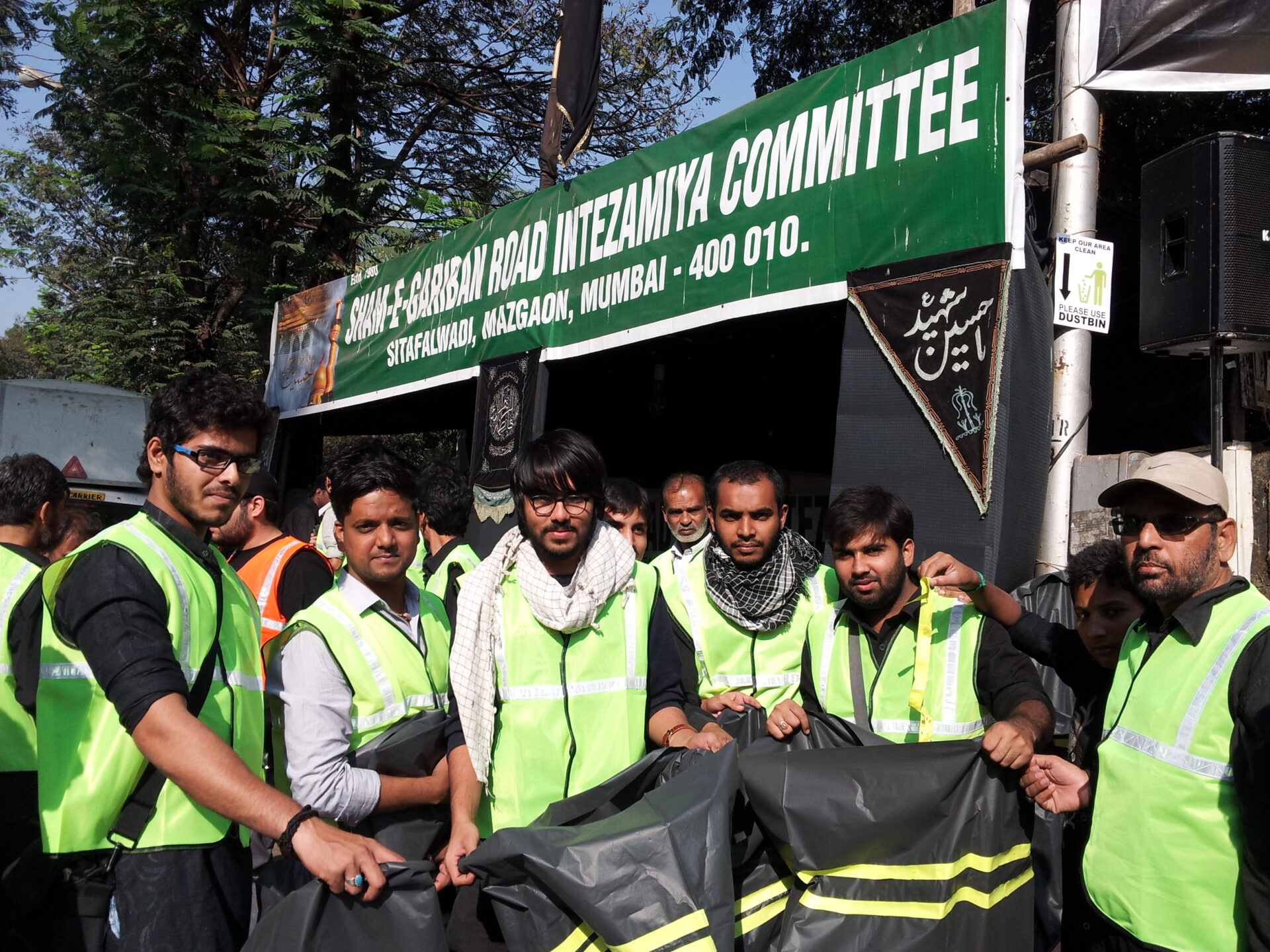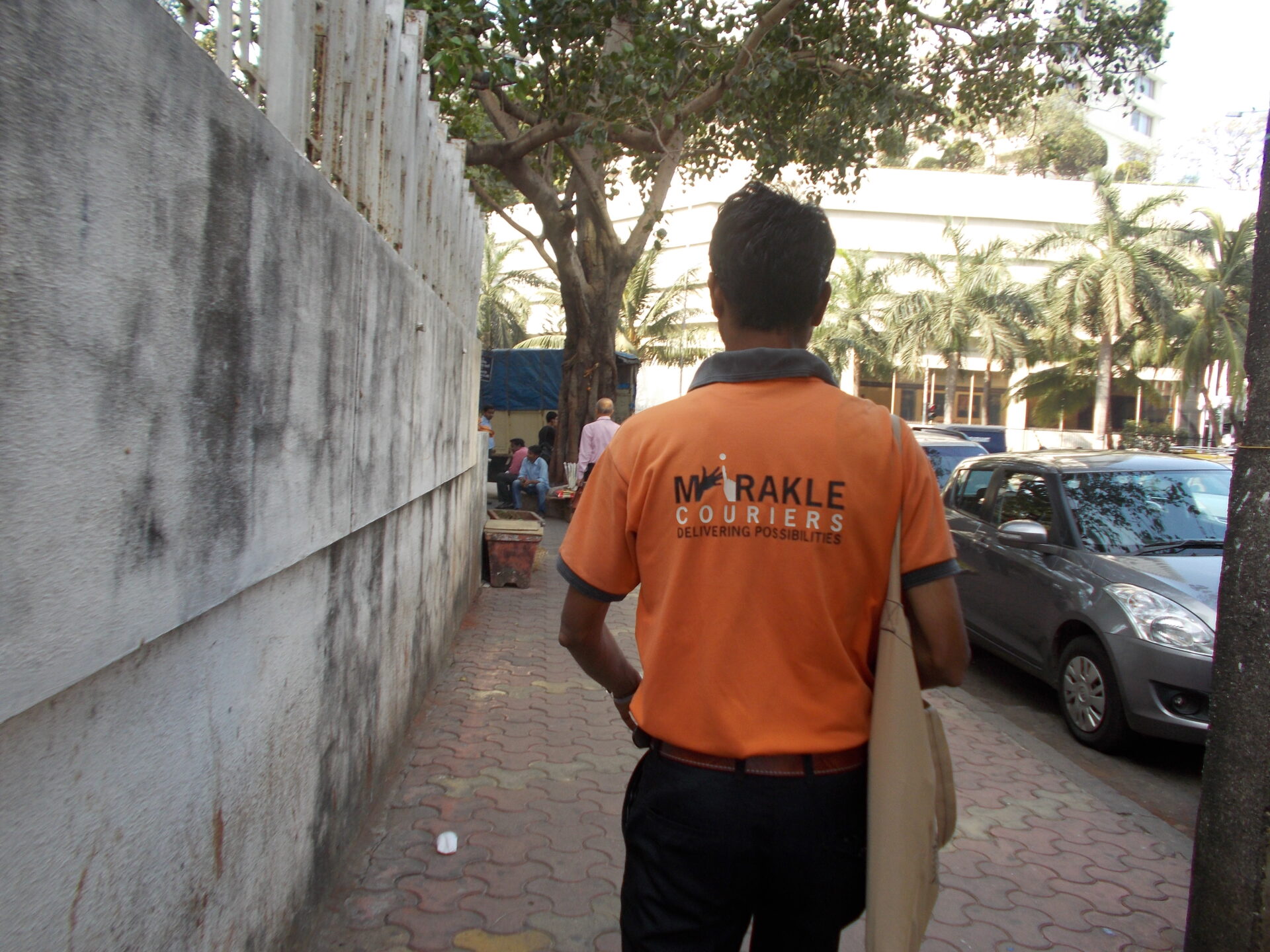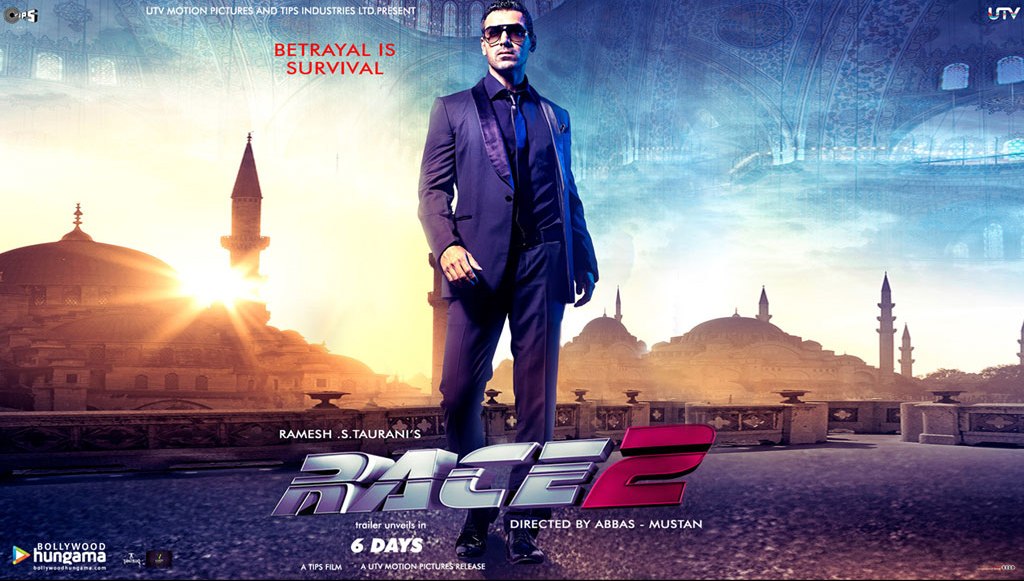Humra Quraishi writes on why the death penalty could be a dangerous tool in the hands of the guilty powerful.
 Even as I write this column, news reports are coming in of a 17-year-old raped by her friend in South Delhi’s posh Safdarjung Enclave. And just a day ago, there were more reports of women molested and burnt and killed. Yes, we ushered in the new year amidst tremendous hopelessness and simmering anger. As each single day passes, more women are being violated and killed, yet our politicians come up with more stale assurances and do little else.
Even as I write this column, news reports are coming in of a 17-year-old raped by her friend in South Delhi’s posh Safdarjung Enclave. And just a day ago, there were more reports of women molested and burnt and killed. Yes, we ushered in the new year amidst tremendous hopelessness and simmering anger. As each single day passes, more women are being violated and killed, yet our politicians come up with more stale assurances and do little else.
And in the midst of this, we sit raping the very issue of rape. Politics has taken complete charge – not just between the Congress and the Right Wing, but also between the civilians and the military.
I don’t want to waste this space in battling either. For the basic crux is this – none of the tinkers, tailors, soldiers, sailors, rich men, poor men, beggars, thieves, mantris or their attached santris, has any business or legal right, officially or unofficially, to condone or try to explain why rapes happen and how it could be the woman’s fault. No sarkari ploys or camouflages can shield them when they do this.
It’s even more bizarre to hear these politicians pass those statements that were probably last heard in medieval times: they speak freely of chemical castrations or hangings-to-death. Some Right wing politicians are currently behaving like the kings and queens of a bygone era; but where the latter said, ‘Off with his head1’, these politicians are ‘Off with his pen*s!’
As I have been writing all along, the death penalty or castration orders are not the solution to the problem. In fact, it will lead to absolute anarchy as hundreds of innocents could potentially be hanged or their vital organs harmed forever. With corruption seeping into every single sphere of the government machinery, it’s a well-known fact that even in cases involving thefts, the actual culprits have been seen hobnobbing with the high chairs of power, whilst ordinary citizens are detained and sit languishing as undertrials in the jails and prisons of the country.
So there’s little guarantee that innocents would not be charged with rape and hanged to death to shield the culprits who may be close to powerful persons who can protect them. And we would realise this only years later. In my opinion, it is not just the actual perpetrators who are the offenders in a crime, it is the bunch of communal politicians who help protect such offenders and who wield complete power over the police machinery that are the more dangerous.
This could be just the very tip of the never-melting iceberg. Seeing our track record of the sheer misuse of power and all that it drags along with it, meting out the death penalty to all and sundry could have serious, dangerous offshoots which could rip off whatever remains of our ‘modern, developed society’.
At the cost of sounding repetitive, I want to emphasise that it’s the mind, the psyche of the rapist which ought to be set right before we do anything else to him. But first, we need to set right the minds of all those Bollywood producers and film directors who go about making third rate films complete with cheap item numbers and horribly vulgar dance movements. It’s about time we focus our attention on the very cause of what is turning men into beasts when it comes to women.
Whilst Bollywood flourishes along with the political ruling class, there seems to be no attempt made to book the film industry under charges of spreading vulgarity or provoking hundreds of impressionable minds to think that women are ‘easy’ in real life as well, that all they are good for is to entertain men in whichever way they desire, and that if a woman says ‘no’, she actually means ‘yes’.
Humra Quraishi is a senior political journalist. She is the author of Kashmir: The Untold Story and co-author of Simply Khushwant.








